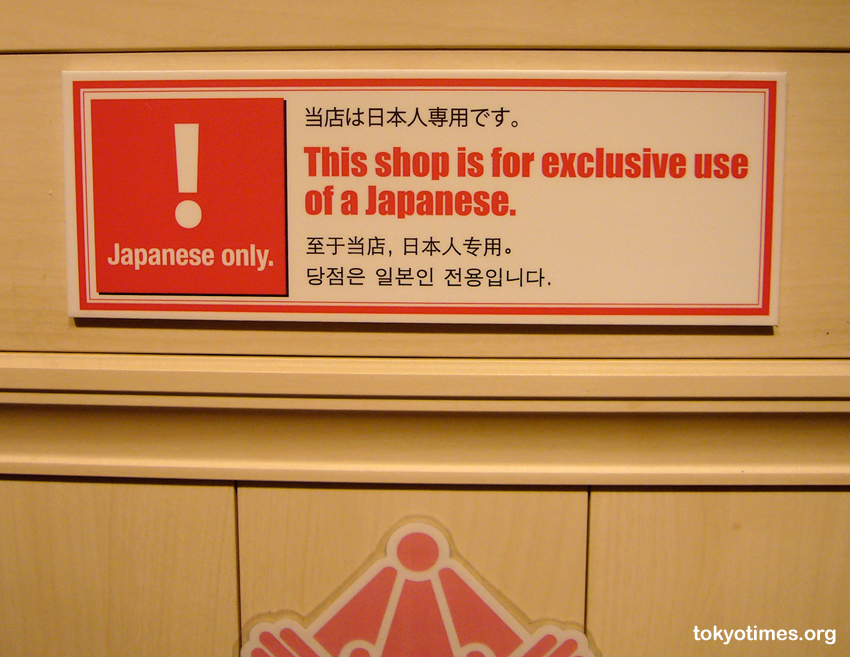This is an eloquent and well-thought-out explanation. The only thing that I would add is that the genius of the GOP has been their ability to convince their base that if only they too work hard enough, they could also be CEOs pulling in thousands per minute. So we must not even *think* about taxing these "job creators" any more than we already do, because if you're in favor of that you could very well be cutting off your own nose to spite your face. Some day. If you work hard.
I think that also goes a long way to explain why Republicans tend to do well in elections when Democratic leaders have brought the nation to a point of rapid economic improvement.
For example, consider 2016. You might have expected it to be a tough year for Republicans. After all, we were near full employment, years into one of the longest economic growth cycles ever, and both 2015 and 2016 had some of the most rapid real income growth in our history. But that's exactly the context that makes naive middle-class people think of themselves as "temporarily embarrassed millionaires." With no immediate need for a social safety net, and with big recent gains in their pockets, it was easy to imagine they'd NEVER need government assistance, and that before long they'd be the ones benefiting from a cut to the top income tax rate. That makes people more open to the Republican sales pitch. Even those who aren't tricked into thinking they're soon going to be CEOs pulling in thousands per minute are at least looking past the kinds of economic issues that favor Democrats, and instead responding to the wedge issues Republicans succeed with (e.g., Trump's focus on law and order, as well as xenophobia). A feeling of economic security gives people the luxury of focusing instead on tribal resentments.
If 2016 were the only instance where a strong Democrat-led economy resulted in a Republican president being elected, you'd be right to dismiss my theory as half-baked. But didn't we also see that in 2000? Unemployment was below 4%, real incomes were at an all-time high, and suddenly people liked the sound of upper-class tax cuts more than the sound of mending the social safety net. Or how about the previous time when sub-4% unemployment and record real incomes coincided with a presidential election? That was 1968. The reward the Democrats got for leading the nation to such gains was to have the presidency handed to Nixon. Are those three just a coincidence? Well, how about 1952? The Democrats had taken control of the White House years earlier in the depths of the Great Depression, and had led us all the way to sub-3% unemployment rates and far and away the greatest prosperity in the nation's history. The People chose to turn the White House over to the Republicans.
Usually, after a few years of Republican leadership, the nation goes into recession and then longer-term stagnation, and eventually the people get sick of it and vote the Democrats back into the presidency, as in 1932, 1960, 1976, 1992, and 2016. But that requires years of having their noses rubbed into the fact that they're not millionaires-in-waiting who will soon benefit from GOP policies.




